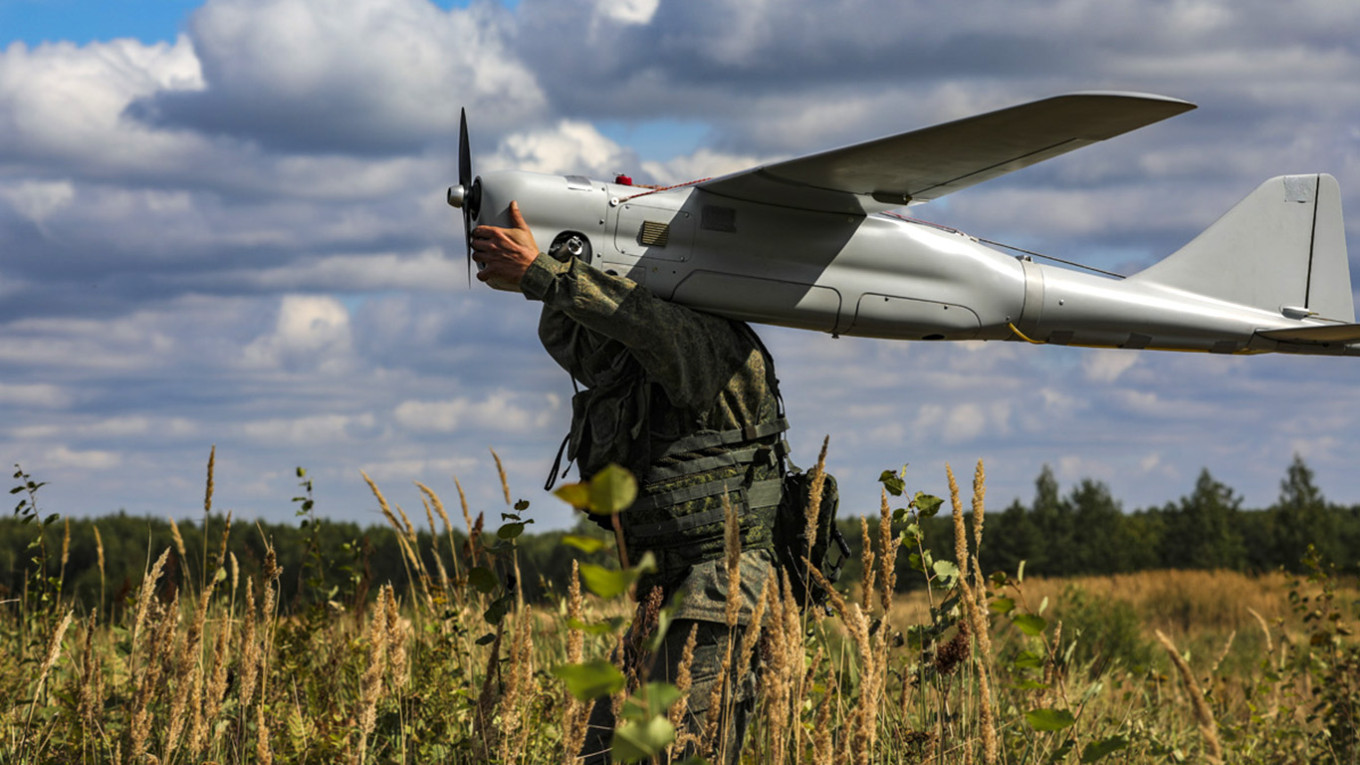Israel and Hezbollah Intensify Conflict with Air Strikes
Israel launched strikes in Lebanon to thwart an attack by Hezbollah, marking one of the most intense exchanges.

In a significant escalation of hostilities, Israel launched preemptive strikes in Lebanon early Sunday to thwart an anticipated attack by Hezbollah. This marked one of the most intense exchanges since the ongoing Gaza conflict began last year. The Israeli Defense Forces deployed approximately 100 warplanes, targeting over 40 sites in southern Lebanon, a stronghold for Hezbollah militants. This aggressive maneuver was in response to Hezbollah's deployment of around 340 rockets and drones aimed at Israeli military sites, a retaliation for the assassination of Hezbollah's senior military commander, Fuad Shukr.
The Lebanese health ministry reported three fatalities and substantial damage to infrastructure due to the Israeli airstrikes. Conversely, Israel suffered a naval soldier's death from shrapnel caused by an Iron Dome missile. Both sides have claimed success in the confrontation, with Israeli officials asserting significant degradation of Hezbollah's military capabilities, while Hezbollah maintained that their operations were executed as planned.
The recent skirmishes have heightened fears of a potential all-out regional conflict. Israeli Prime Minister Benjamin Netanyahu emphasized that the airstrikes were aimed at "changing the situation in the north," signaling possible further actions to secure northern Israel and facilitate the return of displaced residents. Hezbollah's leader, Sayyed Hassan Nasrallah, suggested that their future actions would depend on the assessment of the impact of Sunday's attacks. Both leaders have left the door open for further military engagement, although diplomatic channels reportedly indicate a mutual interest in avoiding a full-scale war.
The international community, particularly the United States and the United Kingdom, has been actively involved in monitoring the situation. U.S. President Joe Biden has been briefed continuously, reaffirming support for Israel's right to defend itself while advocating for regional stability. Similarly, discussions between Israeli Defense Minister Yoav Gallant and UK Defense Secretary John Healey have underscored the importance of preventing regional escalation.
The ongoing conflict between Israel and Hezbollah is a stark reminder of the fragile security dynamics in the Middle East. The use of advanced military technology and the strategic targeting of military versus civilian assets reflect a calculated approach by both sides to manage escalation risks. However, the persistent volatility underscores the need for a robust diplomatic framework to address the underlying political tensions that fuel these periodic flare-ups.
As the situation develops, the international community's role in mediating and possibly facilitating negotiations will be crucial in averting a broader conflict. The coming days will likely see a flurry of diplomatic activity as global powers work to stabilize the region, reflecting the complex interplay of military strategy and international diplomacy in one of the world's most turbulent regions.





